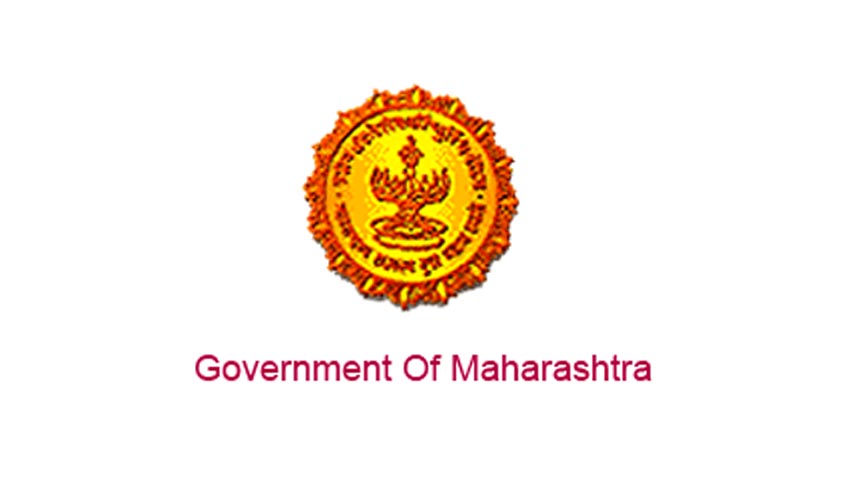Dance Bars Proposed to be Banned Across Maharashtra Again; Cabinet Approves Draft Bill
Apoorva Mandhani
13 Jun 2014 11:38 AM IST

Next Story
13 Jun 2014 11:38 AM IST
The Ban on Dance Bars in Maharashtra will now be proposed to be extended to three-star and five-star hotels as well, as the State Cabinet approved the draft amendment bill for amending the Maharashtra Police Act, 1951 on Thursday.The amendment comes in the wake of Supreme Court’s order last year which struck down the prohibition. The Bill seeks to remove this ‘legal lacuna’ of bias...
